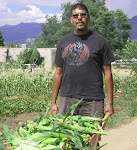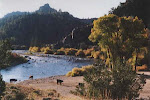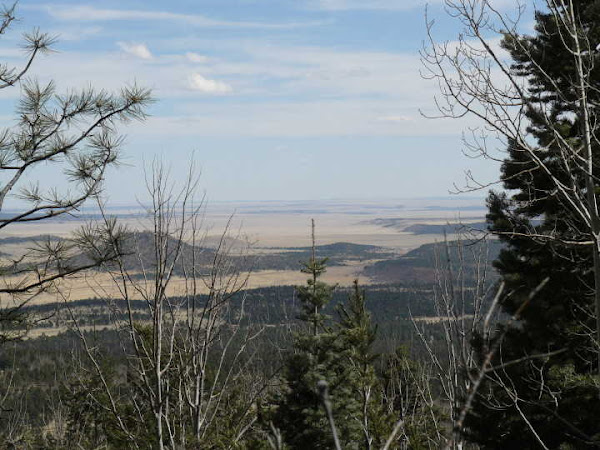Katie Howell, E&E reporter (03/18/2010) U.S. EPA announced the start today of a study examining the effects of a controversial oil and gas production technique known as hydraulic fracturing on water supplies.
"Our research will be designed to answer questions about the potential impact of hydraulic fracturing on human health and the environment," EPA Assistant Administrator Paul Anastas said in a statement. "The study will be conducted through a transparent, peer-reviewed process, with significant stakeholder input."
Hydraulic fracturing is a decades-old technology used by the petroleum industry to improve production at aging wells by blasting water, chemicals and sand or plastic beads into a wellbore at high pressure. The technique has grabbed public attention as the industry has used it to tap vast stores of domestic natural gas, and drillers have poured into Pennsylvania and New York to tap the potentially vast Marcellus Shale formation.
"Understanding the risks that hydraulic fracturing poses to drinking water supplies is critical to guiding future policies and regulations that will safeguard the public," Rep. Maurice Hinchey (D-N.Y.) said in a statement heralding the study's launch.
Hinchey pushed for the congressionally authorized EPA study and has also been a key player on a bill (H.R. 2766) that would mandate federal regulation of fracturing under the Safe Drinking Water Act.....continued.....











